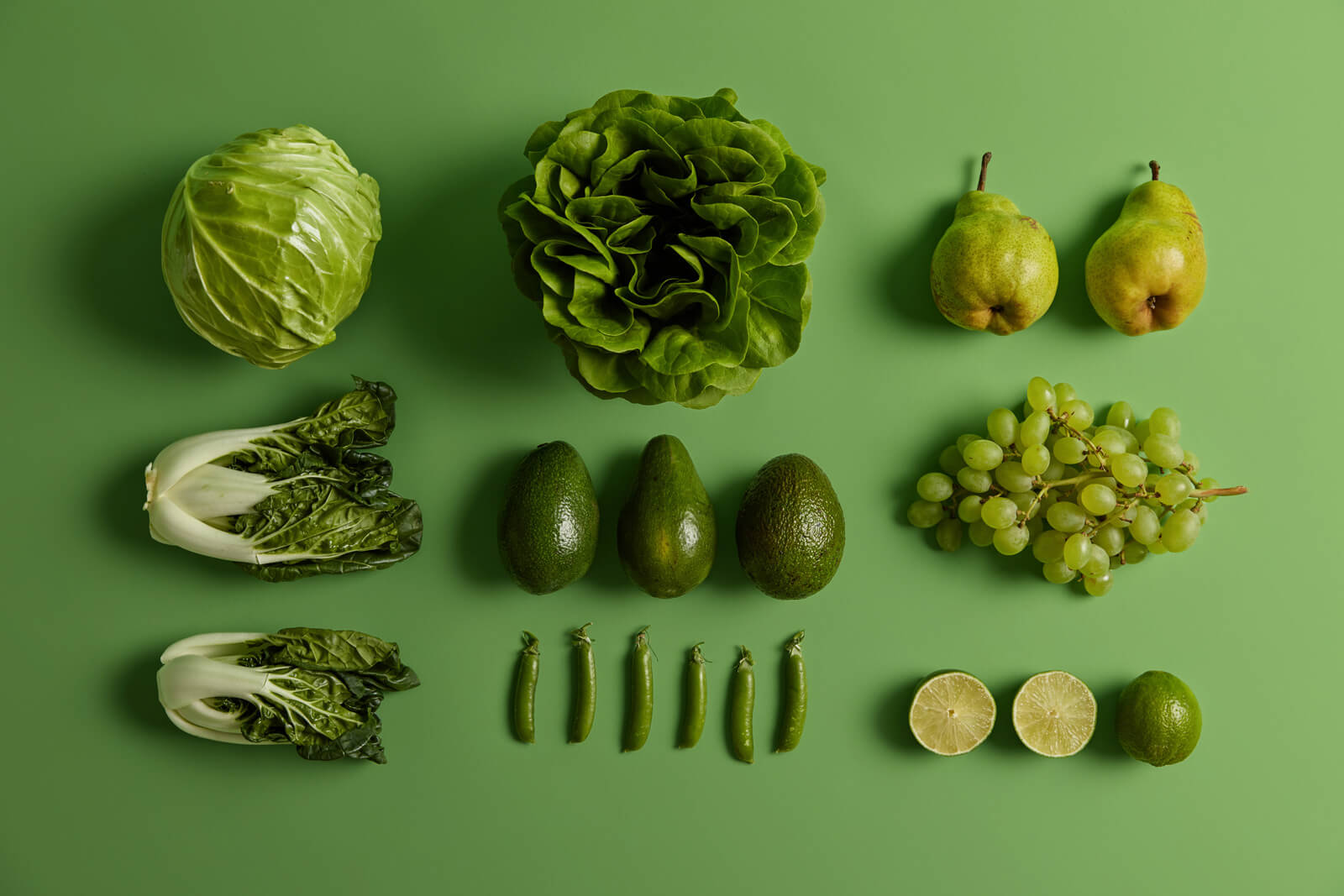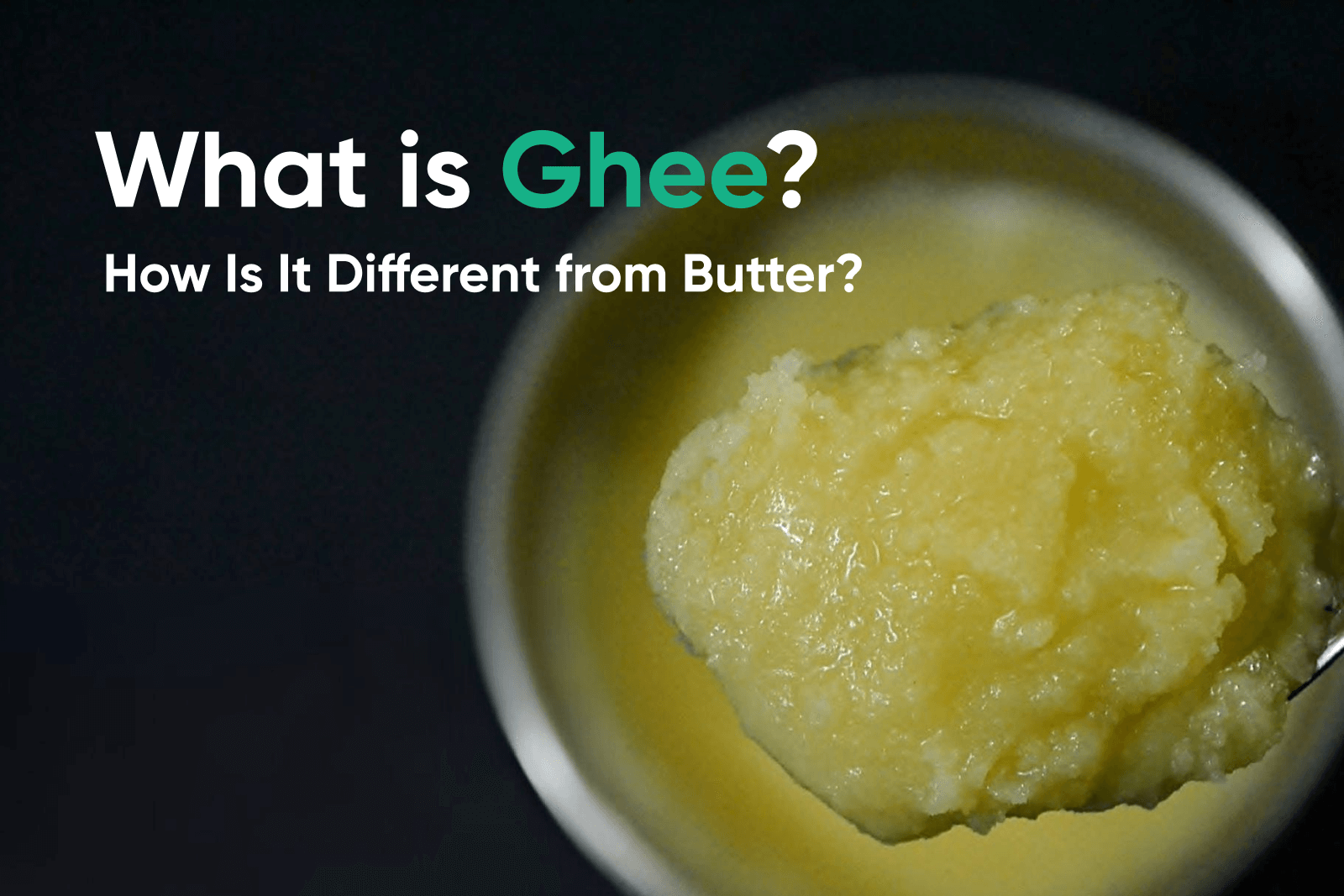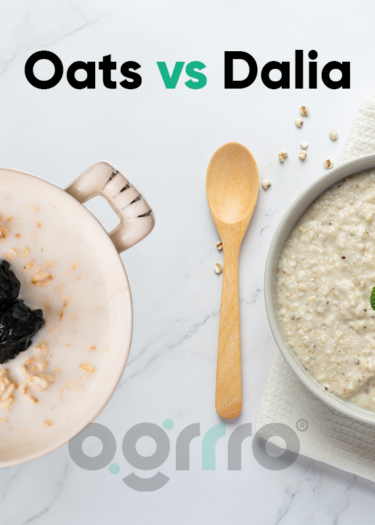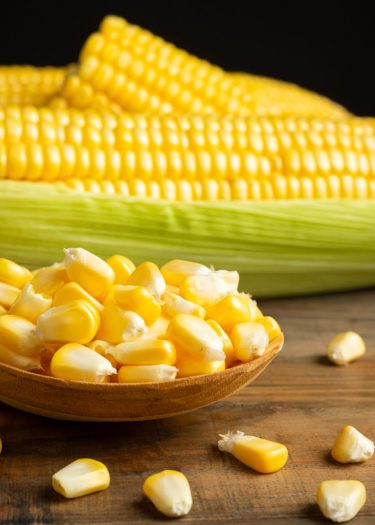Making the right food choices for your family is a daunting task. The ongoing changes in food habits of consumers are pervasive throughout the country, across various income levels, and in every generation. Today the consumer value equation is changing drastically and organic food products are leading the way.
What is Organic Food?
Organic foods are all-natural. They need to be specifically maintained, and handled. However, the term organic is much more specific rather than simply stating that it’s all-natural. Organic avoids the use of pesticides or synthetic fertilizers, use of antibiotics or growth hormones, GMO’s, and ionizing radiation. It also emphasizes the use of renewable resources and soil and water conservation. All organic products need to meet the specific regulatory standards set by the government.
Organically grown foods should not be confused with foods sold as ‘natural’. The term ‘organic’ is used only for certified organic products, while the label ‘all-natural’ is a legally unregulated expression.
Benefits of Organic Food
The organic industry is growing leaps and bounds each year as people are waking up to its wonders. Organic foods come with lots of benefits. , both, in favor of you and the environment. That’s why today’s blog is focused on various reasons to switch to organic products. Wanna know more about the benefits of organic food? Click here.
1. Organic Is Better for the Environment

Organic food production works in harmony with nature. When farmers spray pesticides and fertilizers on the plants, the fruits and vegetables retain most of those chemicals. Irrespective of how nicely you wash your greens, some chemicals slip in, and you end up consuming them. It’s not the case with organic foods! So use organic food and safely switch to stay away from harmful pesticides.
Organic farmers also prevent soil erosion through conservation and restoration. They rear animals with their farming needs and manage wetlands. It avoids using insecticides, pesticides, and chemical fertilizers, which in turn protects environmental contamination and minimizes pollution.
2. Organic Is Better for Animals

Animals are better cared in more natural environments and they live naturally healthy lives. There are no force-feedings or excessive application of drugs on animals. Other livestock and poultry care factors present in organic farming are the prevalence of cage-free and grass-fed animals.
3. Organic Is Better for Your Health

Organic food is free of chemicals that are harmful to the human body. No chemicals go into the production of organic foods, ensuring the quality. Organic fruits and vegetables come with the surety of freshness. Organic foods are free of neurotoxins, which have the potential to damage your brain and nerve cells. Some studies also show that organic food is also rich in nutrients and promote better health.
Also read about: 10 Immunity Boosting Foods.
4. Maintain Soil Health

Healthy soil is the foundation of organic agriculture. Organic farming creates healthy soil and hence healthy food and a healthy environment. In organic farming, farmers use only natural fertilizers like compost organic matter, green manures, and animal manures like cow dung. When a crop is grown in healthy soil, it is better able to resist diseases and insects and survive drought conditions.
5. Safe for Agricultural Farmworkers

Farmworkers are more exposed to agricultural pesticides resulting in adverse health impacts. Pesticide drift is a big threat to human health as well as to wildlife and ecosystems. Organic food production prevents agricultural farm workers from many dangers, such as exposure to dangerous toxins.
6. Increase your nutrient intake

Produced by natural means and fostered in natural environments, the nutrients in organic foods are more than those in mass-produced foods. Organic milk, meat, fish & poultry are highly nutrient-rich, because they’re not genetically modified and free of foreign antibodies. Several studies have proved that organic foods have higher levels of antioxidants and micronutrients, such as vitamin C, zinc, and iron.
7. Indulge in Taste

In organic farming, the crops are grown in naturally favorable conditions away from chemicals. This preserves their nutritional value, retaining their original taste and aroma. Although it’s pretty subjective, people often find organic food taste better.
8. Safe from Diseases

Consumption of unwashed and uncooked fruits and vegetables is the major reason for many diseases. While organic food is free from all types of chemicals, keeping diseases like cancer at bay.
9. Maintain biodiversity

The pesticides sprayed on various crops usually don’t differentiate between good and bad insects and kills them all. Organic farming practices reduce lots of threats to honey bees, supporting significantly more pollinators than other conventional farms. Healthy growing techniques of organic farming maintain the necessary level of biodiversity.
10. Avoid GMOs
The use of genetically modified organisms or GMOs is forbidden in organic food products. So organic food is best to avoid GMO foods and contamination.
11. Omega-3 fatty acids
In organic livestock farming, cattle are fed with grass and alfalfa, resulting in higher levels of omega-3 fatty acids. It is a kind of fat which is more heart-healthy, compared to other fats. The omega-3 fatty acids are present in organic meats, dairy, and eggs.
Also read about: Why Should We Focus More on Organic Farming?
Why is Organic Food Often More Expensive?
In organic farming, farmers do not use herbicides, pesticides, and chemical fertilizers thus making it labor-intensive. Also, organic feed for animals and organic certification is expensive. Often organic farms are smaller than conventional farms, resulting in fixed costs and overheads distributed across smaller produce volumes without government subsidies.
All these factors contribute to comparatively higher prices of organic foods.
Conclusion
Nowadays environmental sustainability is the most important issue for organic farmers. Organic farmers grow food without using synthetic chemicals such as pesticides and fertilizers. They also do not use various genetically modified components and do not expose food to irradiation. So being safe for the environment, organic foods are perfect for your personal health. So take action now and without any delay, include organic food in your lifestyle, and trust us, you won’t regret it!






